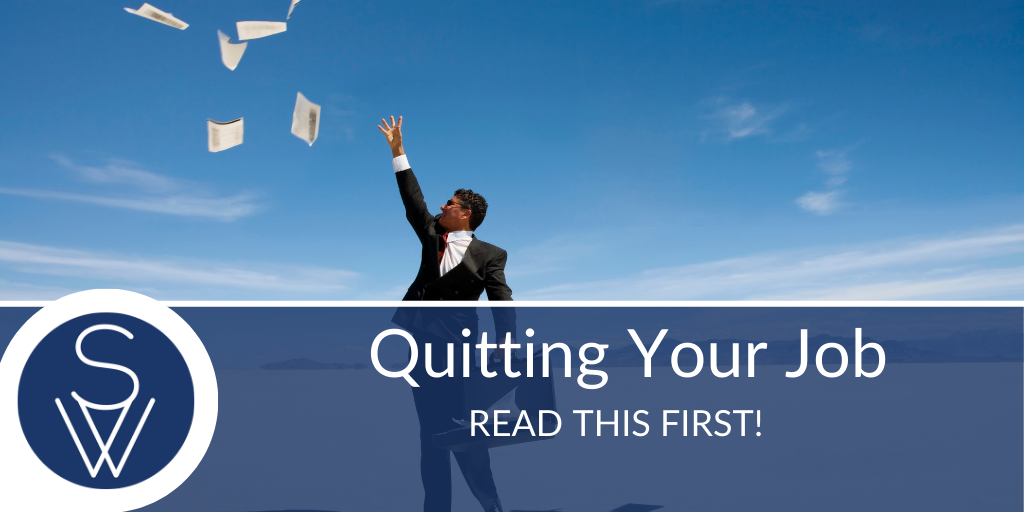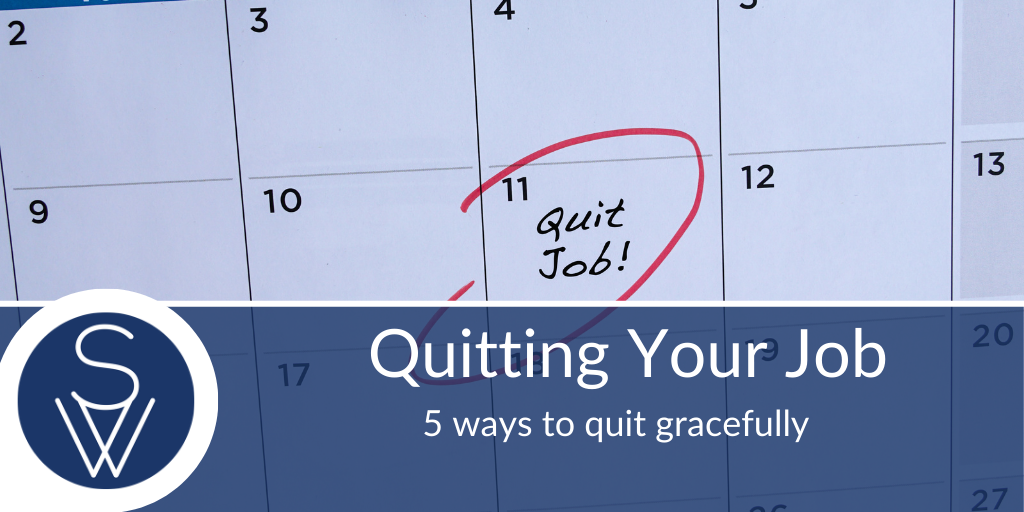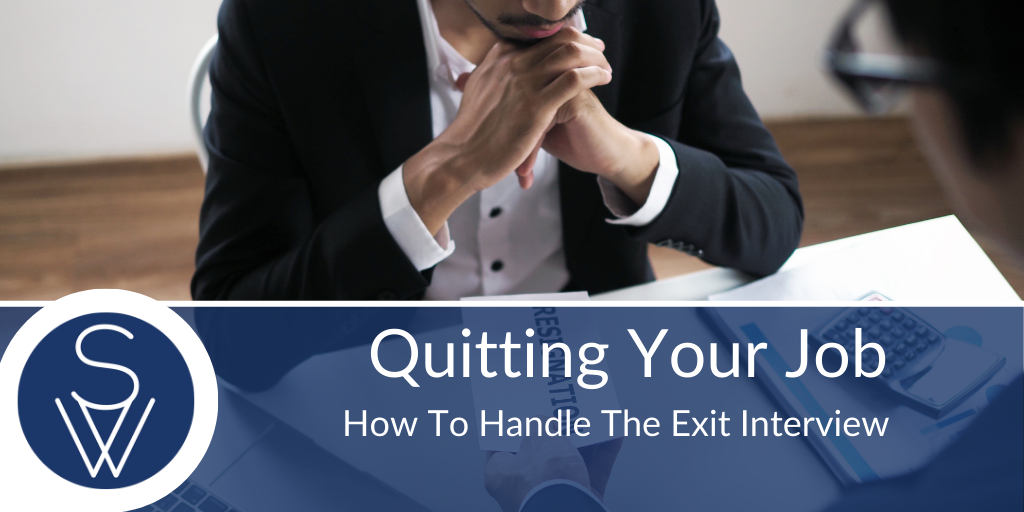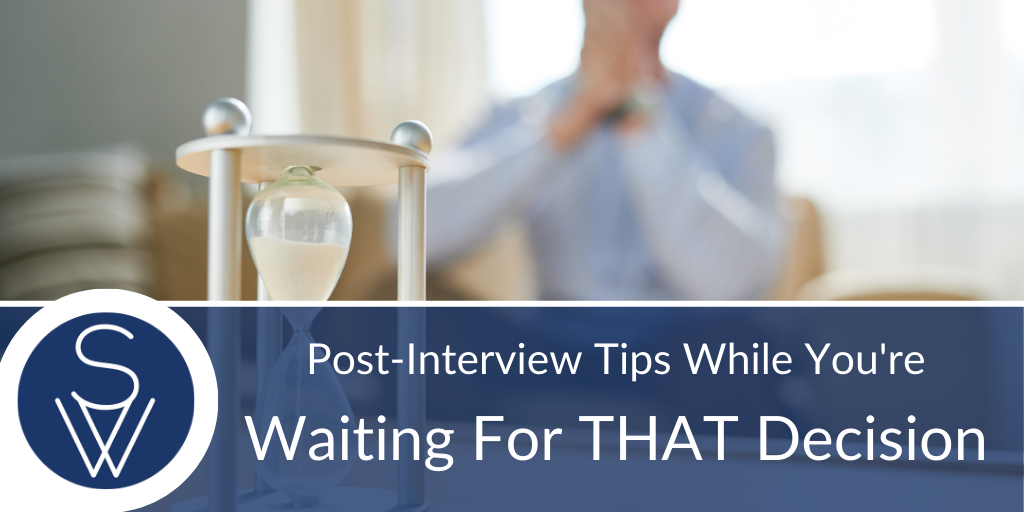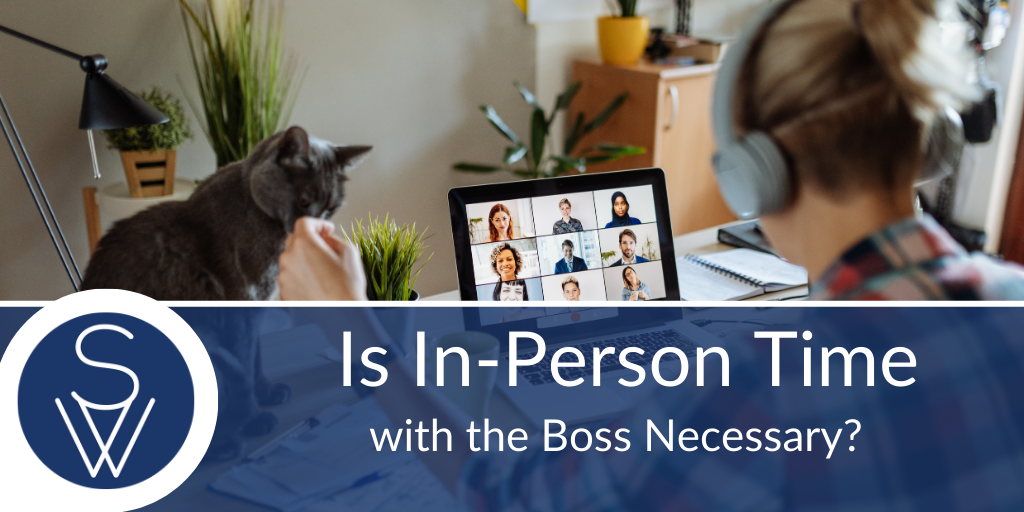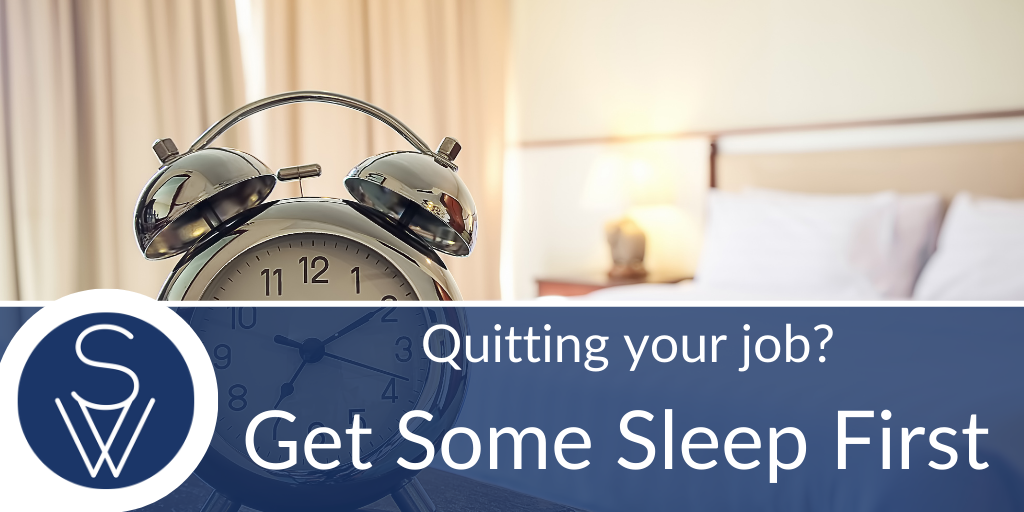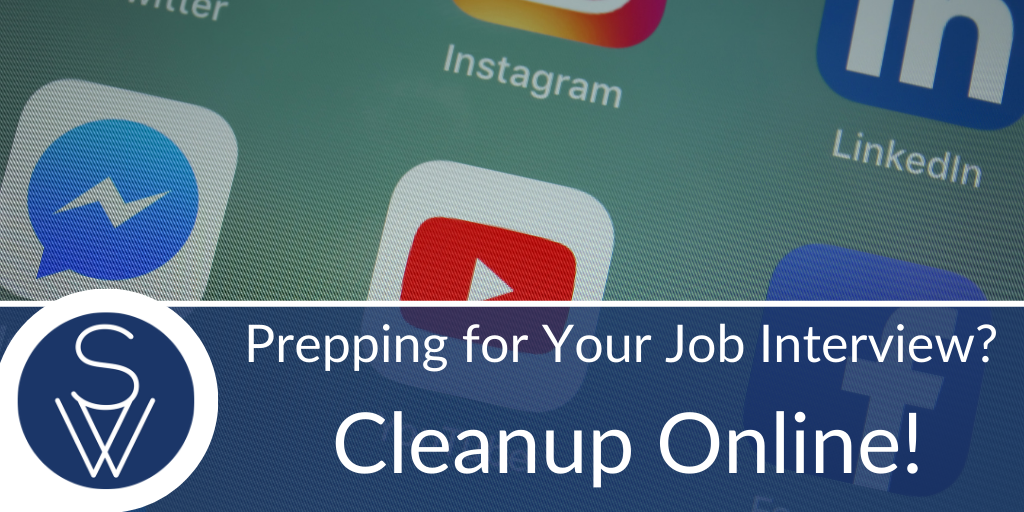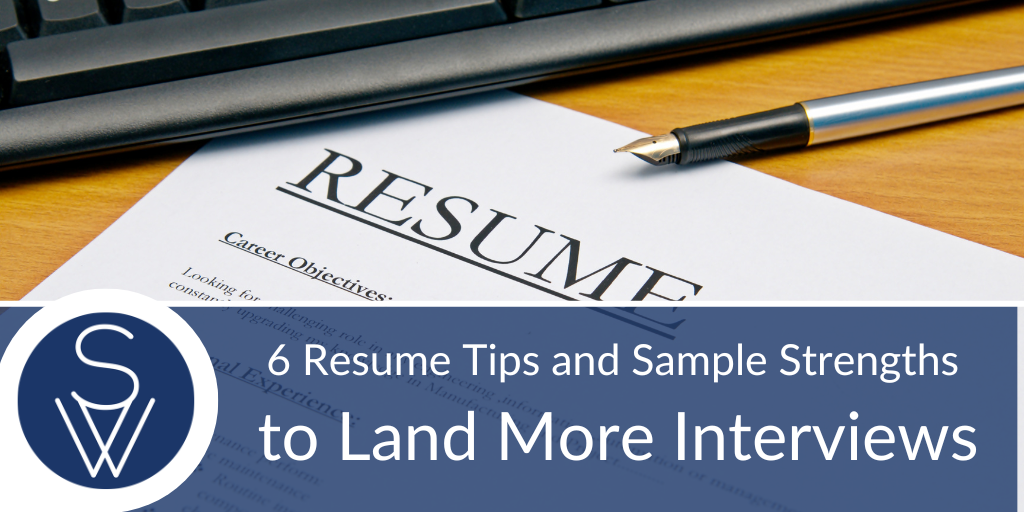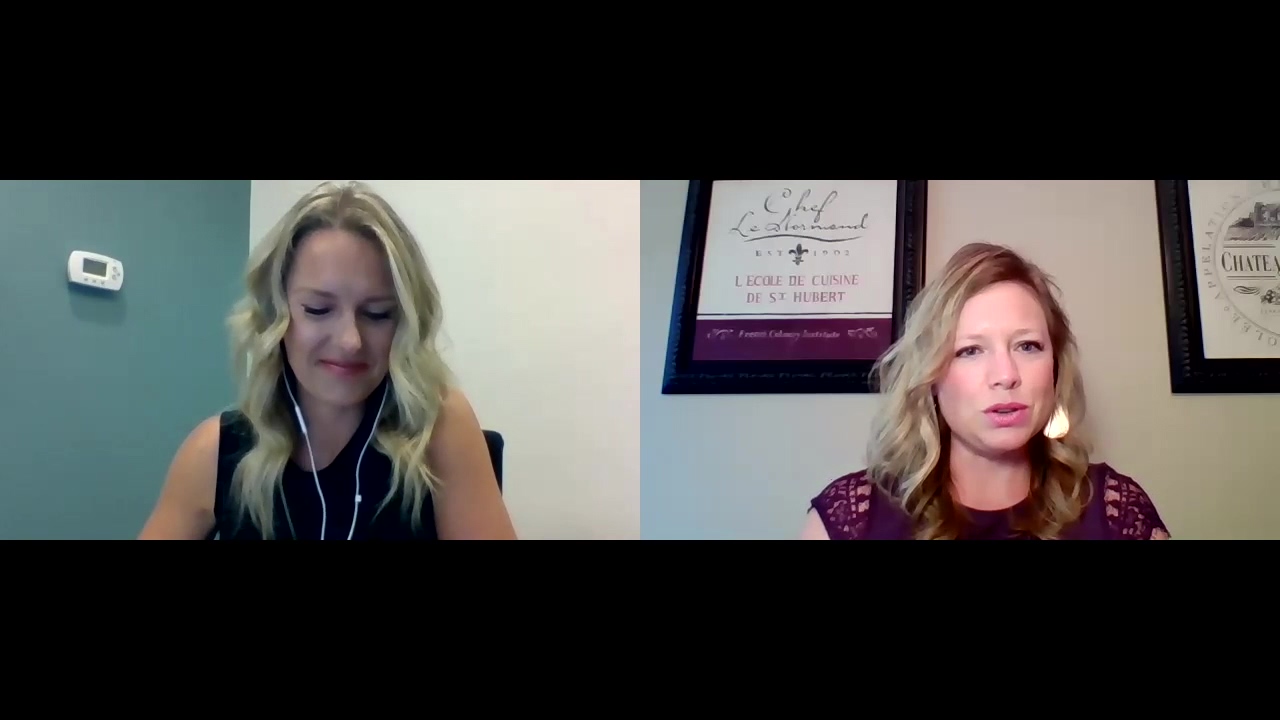At SkyWater Search we know from our experience of talking to candidates on a daily basis that a growing number of disgruntled employees are desperate to quit their current job before securing their next career move. If you are intent on resigning without a formal job offer from a new employer, take our advice and read this article.
In a recent blog titled "Before you quit your job, read this!" we gave some advice on how to get your ducks in a row before leaving your current role, to set yourself up for success during the upcoming time of change. If you have now secured your next career move, it’s time to hand in your notice.
The way most people quit their job ranges from a spontaneous walk-out to agonizing over how to explain their decision to leave to their boss and colleagues. Some professionals become so anxious about quitting they decide not to accept an alternative job offer.
Quitting Your Job: How To Handle The Exit Interview
You have an exciting job offer and you’ve quit your existing job, eager to get started in your new role. Now your current employer has asked for an exit interview, the thought of which fills you with dread. What do you do?
It’s HR policy in many companies to request an exit interview. This gives the hiring manager the chance to find out exactly why you are leaving the company and your views on working for them. This can be a difficult situation for many employees, especially if your time with your employer has not been a happy one. Do you air your grievances about your co-workers and your boss or do you smile and claim it’s “nothing personal?”
The decision is up to you, but as with every interview, preparation is the key. Our tips below will provide you with a good starting point.
Play It Cool: Post-Interview Tips While You’re Waiting For THAT Decision
Emerging from a job interview that went really well is a great feeling. You answered all the questions just as you wanted, put some relevant ones of your own forward and the hiring manager was hinting at a job offer. After a few days without a phone call or e-mail from the employer you naturally begin to get anxious. As a few more days pass by, doubts and frustration begin to creep in.
It’s a question most of us – whether we’re employers or employees - have tackled at some point over the past three years: how important is in-person face time with the boss? Is it essential to achieving long-term maximum performance? Or is it just an old habit we cling to, based more on a fear of change than any conclusive evidence?
While it may be too early to know the answers to those questions, here’s what we do know: pre-pandemic, remote, and hybrid work arrangements were clearly shown to organizations, teams, supervisors, and employees.
Instead of quitting, try smart negotiating
In her recent Forbes article, writer Caroline Castrillon offers an 11-step process for building a win-win work-from-home arrangement to which you and your boss can agree. Her process is smart, clear, and effective. I’ve paraphrased and consolidated her steps here:
An under-explored lesson from the Great Resignation.
Two years into the pandemic, a Jobsage mental health poll found that most (55%) of American workers had experienced “significant stress” within the past year, with 38% reporting symptoms of depression. In addition, a staggering number reported that it had become difficult for them to even work at their jobs, citing very specific reasons: 37% reported a “lack of motivation,” 36% named anxiety, and 31% pointed to “feelings of anger.” When asked why they had resigned, more than a quarter of respondents (28%) said it was because of the job’s “impact on their mental health.”
Prepping for Your Job Interview? Cleanup Online!
How Cyber Vetting Could Affect Your Ability To Land A Job
You may be familiar with the term "cyber vetting." But did you know how common the practice is today, among hiring managers? Even one ill-advised social media post has the power to knock you out of consideration for the job you want – no matter how ready you are for the interview, itself.
6 Resume Tips and Sample Strengths to Land More Interviews
A successful job search is all about nailing the interview. But you’ll never have the opportunity to do that if your resume can’t pass the automated screeners – and dazzle the human ones.
The answer is in the consultative approach.
Have you ever wondered what an executive recruiting firm is for, or why a company would choose to engage with an external firm to conduct its search? Growing numbers of organizations are turning to executive recruiters to help them source the best available talent rather than advertise their vacancies on job boards. It's true that working with a specialist recruiter can help you gain access to that hidden candidate (meaning, gainfully employed people who may be open to a change, but haven't started looking yet) and save you a LOT of time (most clients say their recruiter saved them several weeks of time in sourcing, screening, and interviewing candidates for important roles). In this article, we will review our advice for hiring managers working with a recruiter, and some ways to tell the difference between a good recruiter and a great recruiter.

